New Delhi: The United Nations Environment Programme (UNEP) has announced the winners of the prestigious Champions of the Earth Award for 2024, recognising six exemplary individuals and organisations for their exceptional contributions to environmental conservation, land restoration, and climate action. The award, considered the UN’s highest environmental honour, celebrates innovation, leadership, and vision in addressing some of the most pressing environmental challenges of our time.
This year’s laureates include leaders from diverse backgrounds and regions, each playing a pivotal role in restoring ecosystems, advancing sustainability, and promoting environmental justice.
Madhav Gadgil (India): Lifetime Achievement
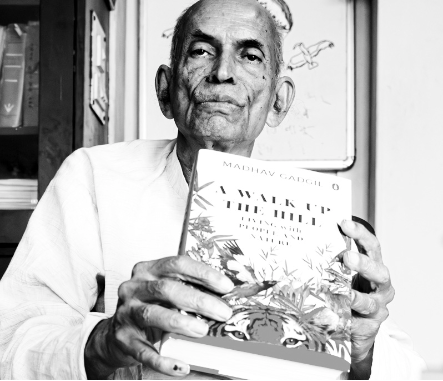
Renowned Indian ecologist and biodiversity advocate Madhav Gadgil has been honored for his lifelong commitment to ecological preservation, particularly in the Western Ghats, one of the world’s eight “hottest hotspots” of biological diversity.
Gadgil is best known for the Western Ghats Ecology Expert Panel (WGEEP) report, often referred to as the Gadgil Report, which emphasized the need for sustainable development while protecting fragile ecosystems. His advocacy for empowering local communities to manage natural resources has set a global benchmark for participatory environmental governance. Gadgil’s work has inspired grassroots movements across India to assert environmental rights and protect their ecosystems.
In accepting the award, Gadgil said, “This recognition is not just for me but for the countless communities who have championed environmental causes despite challenges.”
Sonia Guajajara (Brazil): Policy Leadership
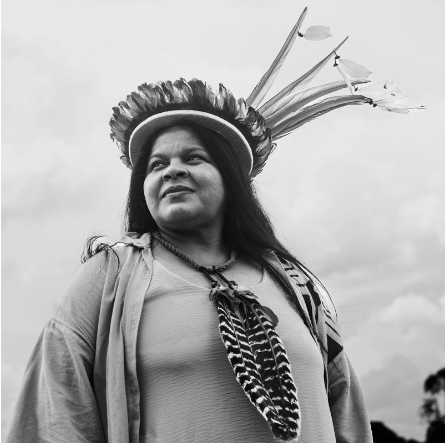
Brazilian Minister of Indigenous Peoples, Sonia Guajajara, has been recognized for her groundbreaking work in protecting the Amazon rainforest and advocating for Indigenous rights. As the first person to hold this ministerial position in Brazil, Guajajara has played a transformative role in addressing climate change by integrating Indigenous knowledge into environmental policies.
Under her leadership, the Brazilian government has taken bold steps to combat deforestation, restore degraded lands, and strengthen the role of Indigenous communities in climate action. Guajajara’s efforts underscore the critical role Indigenous peoples play in preserving biodiversity and mitigating climate risks.
Amy Bowers Cordalis (USA): Inspiration and Action
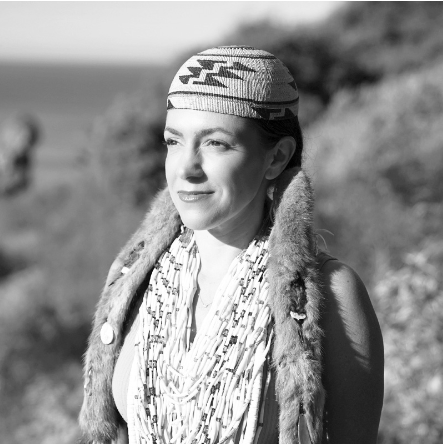
Amy Bowers Cordalis, a member of the Yurok Tribe and an environmental attorney, has been honored for her tireless work to restore the Klamath River ecosystem in the United States.
Cordalis has combined Indigenous knowledge, legal expertise, and scientific research to address the challenges of water scarcity and declining salmon populations in the river, which holds immense cultural and ecological significance for her tribe. Her advocacy has led to landmark agreements aimed at reviving the river’s health, ensuring water security, and promoting environmental justice for Indigenous communities.
Gabriel Paun (Romania): Inspiration and Action
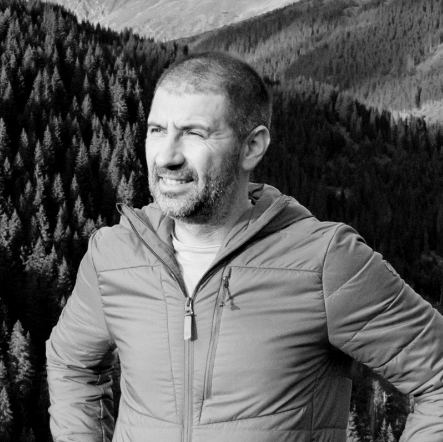
Romanian environmental activist Gabriel Paun has been awarded for his courageous efforts to combat illegal logging in the ancient forests of Europe, particularly in the Carpathian Mountains. These forests, often referred to as Europe’s “green lungs,” are home to some of the continent’s last remaining virgin woodlands.
Despite threats and attacks, Paun’s organization, Agent Green, has exposed large-scale illegal logging operations and advocated for stricter policies to protect forest ecosystems. His work has not only safeguarded biodiversity but also inspired a generation of environmentalists to take a stand against ecological destruction.
Lu Qi (China): Science and Innovation
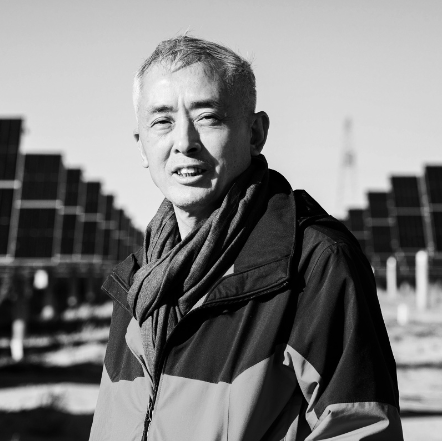
Chinese scientist Lu Qi has been recognized for his groundbreaking work in combating desertification. Through large-scale afforestation and land restoration projects, Lu Qi has transformed degraded lands into thriving ecosystems, offering innovative solutions to the growing challenge of desertification in arid regions.
His work in the Kubuqi Desert, one of China’s most degraded landscapes, has demonstrated the power of scientific research and community engagement in addressing environmental challenges. Lu Qi’s projects have not only restored ecosystems but also improved livelihoods by promoting sustainable land management practices.
SEKEM (Egypt): Entrepreneurial Vision

The Egyptian organization SEKEM has been celebrated for its pioneering approach to biodynamic agriculture. Founded in 1977, SEKEM has turned arid desert landscapes into fertile farmland, creating an “oasis in the desert” while integrating economic, social, and cultural dimensions of sustainability.
SEKEM’s model emphasizes a holistic approach to sustainable development, combining ecological restoration with education, healthcare, and community building. The organization’s success serves as a beacon of hope for regions grappling with climate change and desertification.
A call for action and hope
Since its inception in 2005, the Champions of the Earth Award has highlighted the power of bold and innovative solutions in addressing environmental challenges. This year’s laureates stand as symbols of hope and resilience, demonstrating that sustainable solutions are possible with the right combination of knowledge, leadership, and collaboration.
Inger Andersen, Executive Director of UNEP, remarked, “The 2024 Champions of the Earth remind us that no challenge is insurmountable when we act with courage, innovation, and unity. They inspire us to work harder for a sustainable future for all.”
The award ceremony will take place in Nairobi, Kenya, later this month, where the winners will be celebrated for their contributions to global environmental conservation.
About the Champions of the Earth Award
The Champions of the Earth Award is UNEP’s flagship environmental award, honoring individuals and organizations whose actions have made a significant impact on the environment. Over the years, it has recognized leaders from various sectors, including science, policy, business, and civil society, who have pioneered innovative solutions to pressing environmental issues.
In a world facing unprecedented ecological crises, this year’s winners offer a ray of hope and a roadmap for building a sustainable and equitable future.










